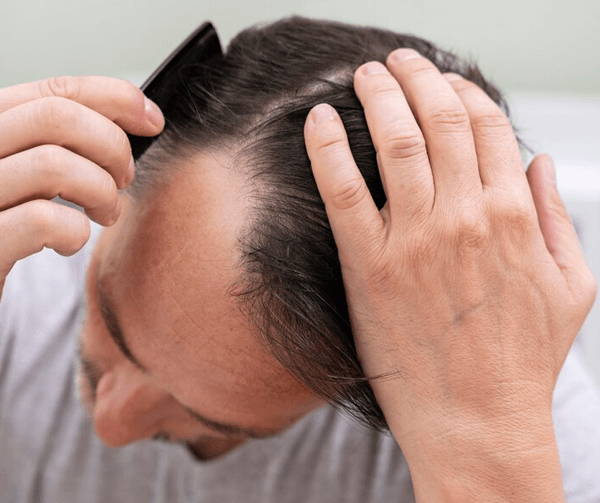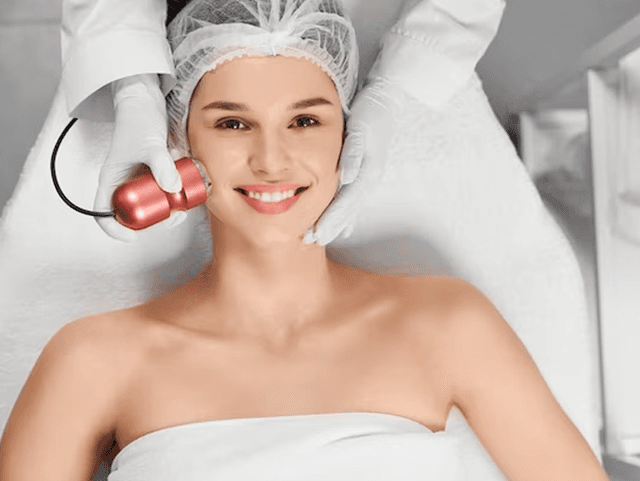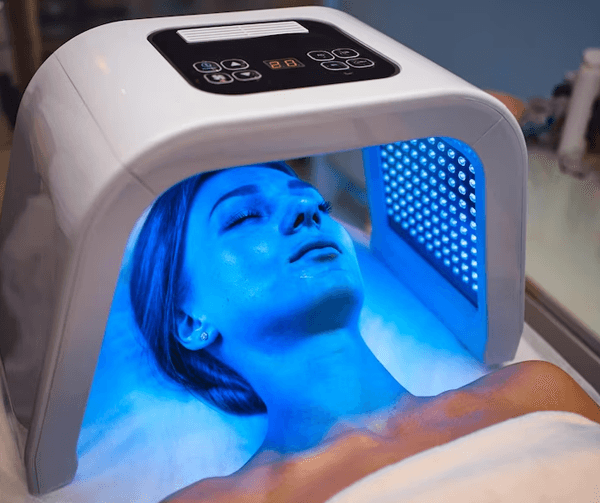Best Doctor For Rhinoplasty Surgery
Dr. Lokesh Kumar | May, 5 2016 | 0 Comments
Any surgery or medical procedure is normally a cause for concern for most people, because they are not sure whether everything will go well. They tend to have a lot of questions, but many a times, they do not ask the same, because they feel that they will come across as silly. However, in front of a doctor, there are no silly questions, only concerns, which is why no matter what your question, you should ask it.
If you are considering a rhinoplasty in the near future, it would be a good idea to talk to your doctor at length and have all doubts clarified. However, as is the case in many situations, people are not sure what to ask. So, here is a questionnaire of sorts, which will help you not only choose the right surgeon for your procedure, but also ascertain that you are truly prepared for the surgery.
The first set of questions needs to include those which will allow you to choose the right doctor for your surgery:
- You need to make sure that your doctor is educated and experienced enough. Feel free to ask about the doctor’s credentials, including the certifications and degrees he or she has.
- It is important to make sure that the doctor you are choosing is certified by the appropriate board and is an eminent member of the national society of plastic surgeons.
- When asking about experience, it is essential that you ask about how long the doctor has been practising in the field, because more the years, the better the surgeon might be.
- It is just as important that you ask your doctor their area of specialisation, because you would want to collaborate with the doctor who is well versed with rhinoplasty.
- It is also important to know where your surgery will be performed, which is why you need to enquire about the same. Ask your doctor whether they will be performing the surgery in their own clinic or whether they have operating rights at a reputed hospital.
- In case the surgery is being performed in the doctor’s own clinic it is important that the clinic be approved by the appropriate authorities too.
- Every good doctor will have a complete portfolio with before and after photographs of procedures that they have done and you should take a close look at them, before finalising the doctor.
The next set of questions should ideally be about yourself and whether you should be considering the surgery in the first place:
- Ask your doctor, quite openly, if you are a good enough candidate for such a procedure.
- Feel free to ask about the expected results, because if the doctor promises you perfection, you need to reconsider your choice of a surgeon. A good surgeon will never promise perfect results or raise your hopes too high.
- Talk at length about how the procedure will be performed, which procedure will be used and how long the healing process will take.
- While you need to discuss in detail the possible risks, complications and side effects, you also need to find out how much help or assistance you might require in the days succeeding the surgery.
- You also need to be aware of how possible complications will be handled and whether your doctor has a contingency plan for such situations.
- You will also have to consider a situation wherein you are not happy about the results of the rhinoplasty and then you need to have a plan B ready, which is something that the doctor will be able to advice you about.
The third set of questions should relate to the medical facets of the surgery:
- It is important that both you and your doctor on the same page, when it comes to the possible outcomes of the surgery. It is crucial that you not go into the surgery with any unrealistic expectations.
- You should know whether you will have any trouble breathing post the surgery and if yes, how you should handle it.
- You will have to provide your doctor with your entire medical history, let them know whether you have any pre-existing medical conditions, allergies or are on any daily medications.
- If you are taking any medications, even if they are vitamins, health supplements or natural medications, you need to let your surgeon know. It is also important to let them know about your drug, alcohol or tobacco usage.
- In case, you have had any surgeries prior to this, your doctor should know about the same as well.
The fourth set of questions should pertain to what will happen during and after the surgical procedure:
- Even before you step into surgery, you need to know about what to you need to do post-surgery; which is why you need to understand how to take care of the nose, after the surgery has been completed.
- Make sure that you have an entire list of oral as well as topical medications that you will need post-surgery.
- Ask for indications that you need to keep an eye out for, if things are going wrong.
- Chances are that you will get stitches, which means that you will have to ask about when the stitches will be removed and how soon the scars will start to fade.
- Make sure you ask about how you can return to your normal routine and for how many days, you will have to steer clear of physical activity.
Your final set of questions should be regarding the financial aspect of the surgery, because you need to make sure that you can afford the procedure.






